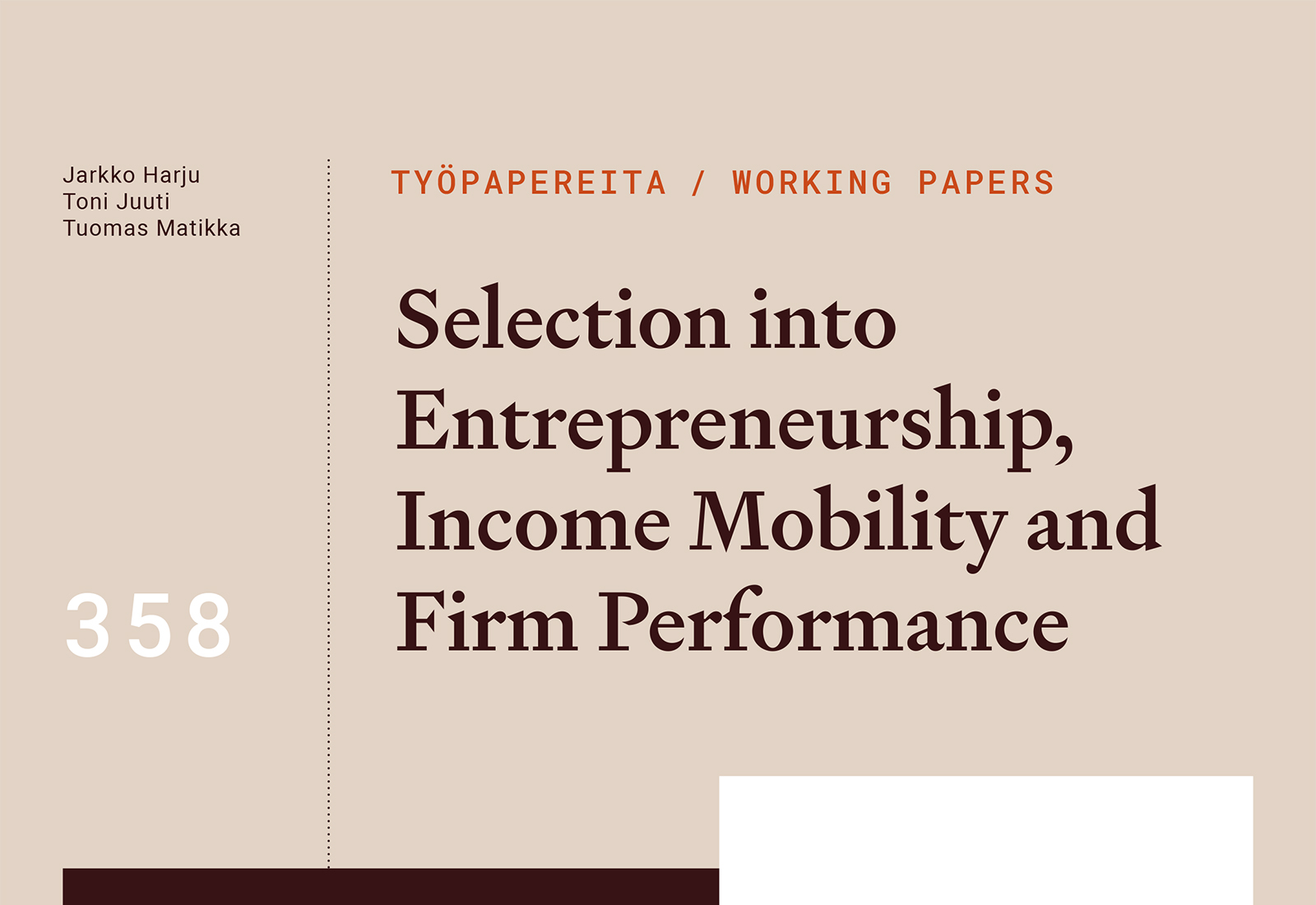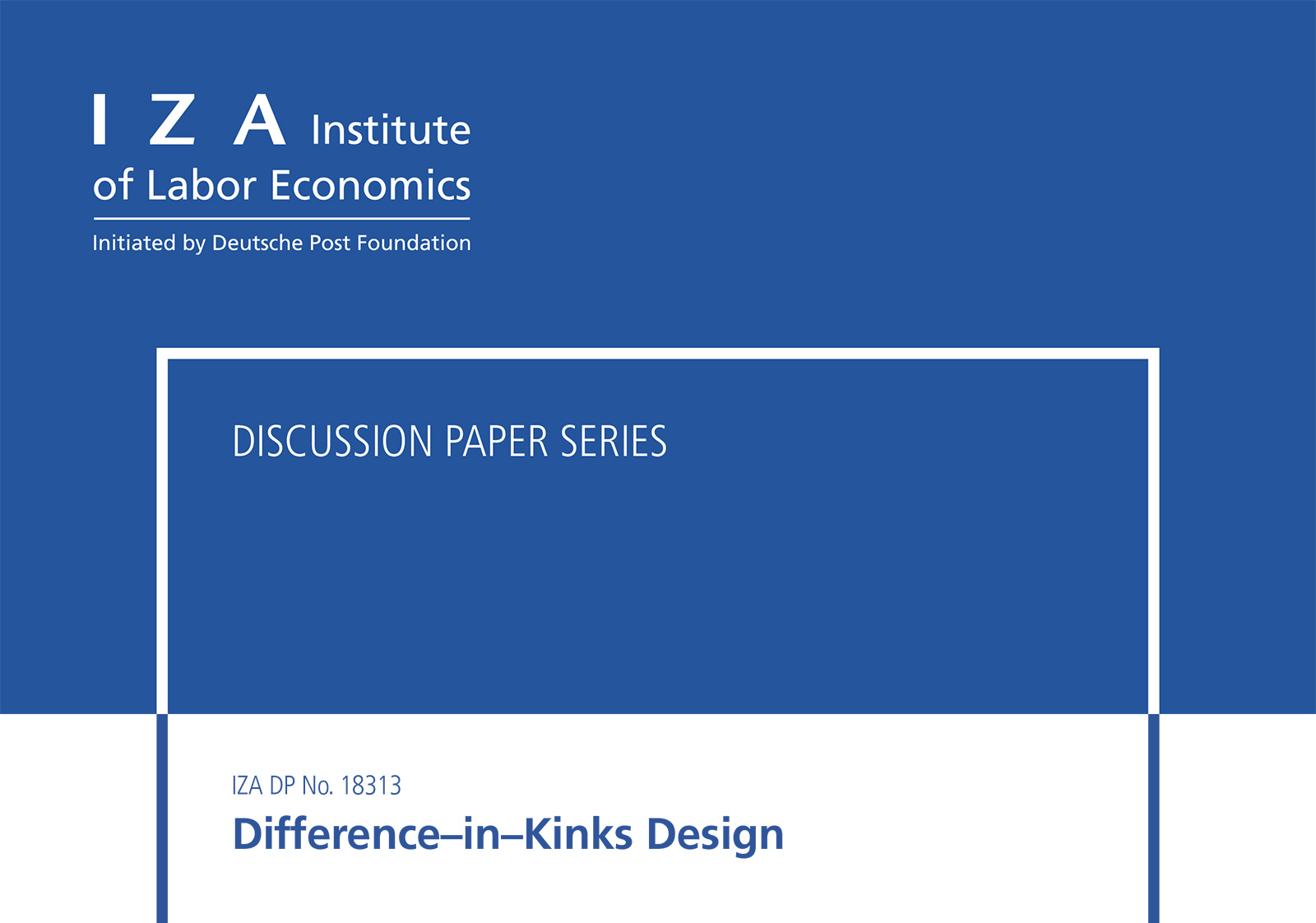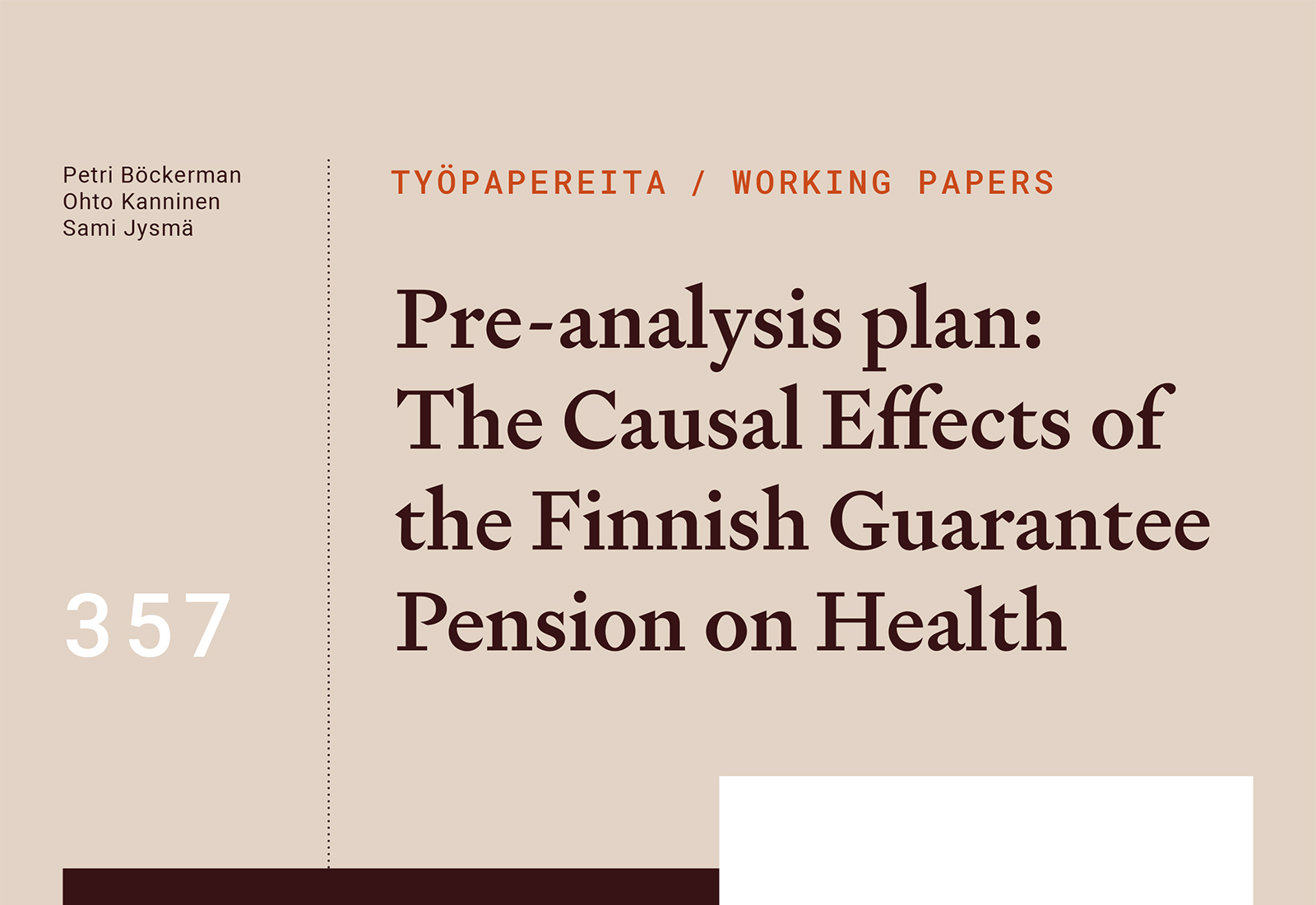The Effect of Relative School Starting Age on Having an Individualized Curriculum in Finland
Summary
In Finland, a child in special education receives an individualized curriculum when standard support does not suffice. One factor that may have an impact on the assignment of an individualized curriculum is the relative age of the child. Due to the cutoff date of school starting age, there is an age gap of roughly one year in each class. This difference in relative age can affect through few possible mechanisms: difference in absolute age, peer effects, and the optimal school starting age. In this paper, I study how relative school starting age affects the probability of having an individualized curriculum.
I use regression discontinuity design and individual level register data for middle school graduates in 1998–2014 to estimate the causal effect of relative school starting age. Relatively younger graduates are 1.4 percentage points more likely to have a partially individualized curriculum than graduates who are a year older. Respectively, older graduates are 1.8 percentage points more likely to have a regular curriculum. The results are robust and they hold for multiple specifications. I also find that the relative age effect is stronger for girls and students with lower educated parents. Furthermore, when studying temporal variation of the effect, I observe a significant effect only from 2005 onwards. This may be partly explained by the curriculum reform in 2004. My research contributes to the areas of special education and relative age effect. The results are in line with prior literature of relative age.
Publication Information
Kivinen, A. (2018), The effect of relative school starting age on having an individualized curriculumin Finland, VATT Working Papers 10.
- ISSN: 1798-0291 (Online)
- ISBN: 978-952-274-213-1 (Online)
- JEL: I20, I21. I28

- Aapo Stenhammar
- Senior Researcher
- aapo.stenhammar@labore.fi
- Profile


